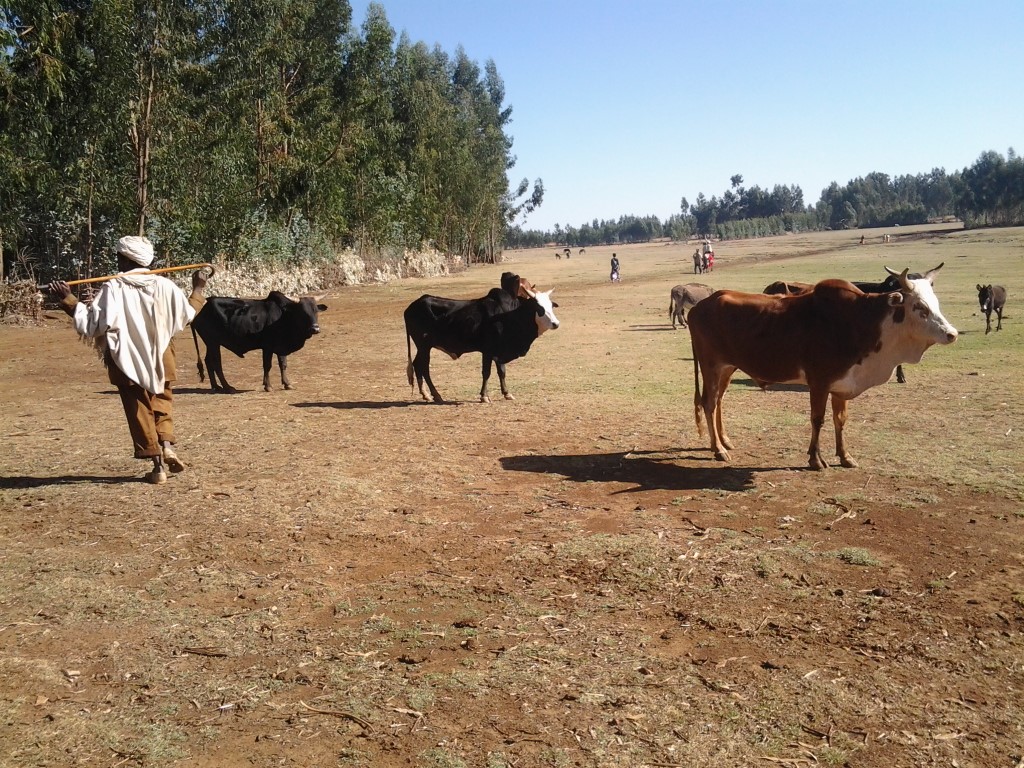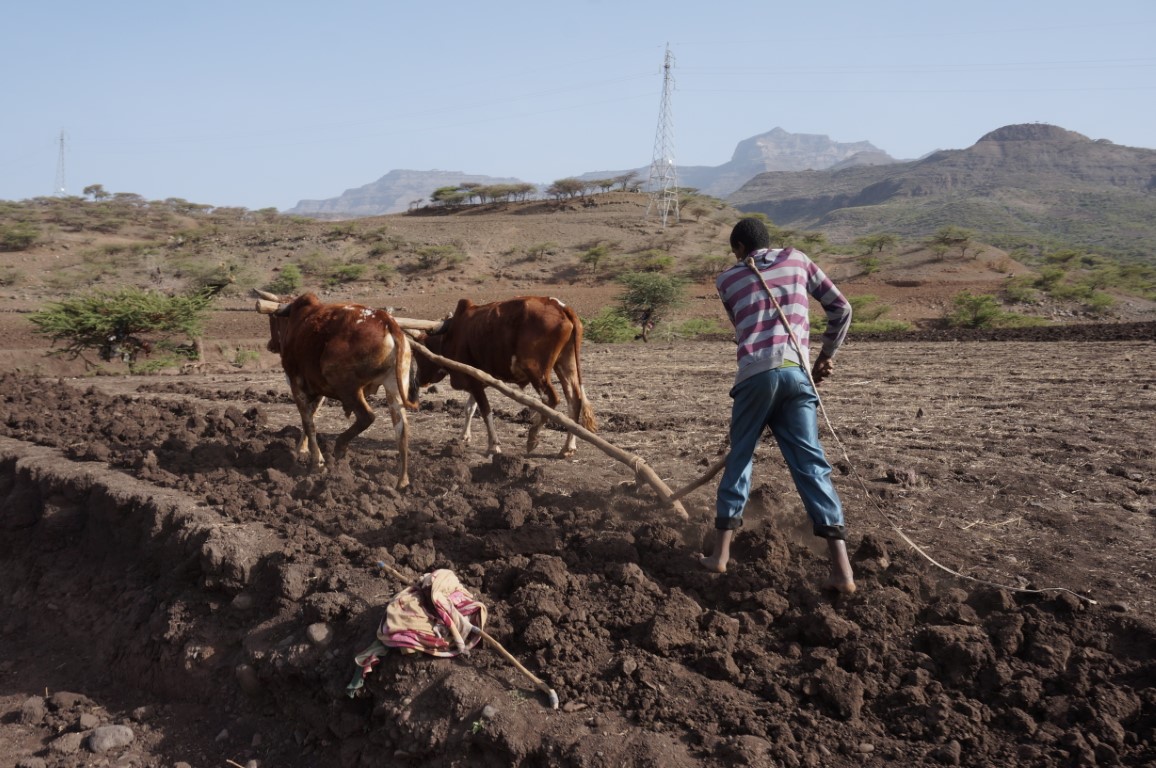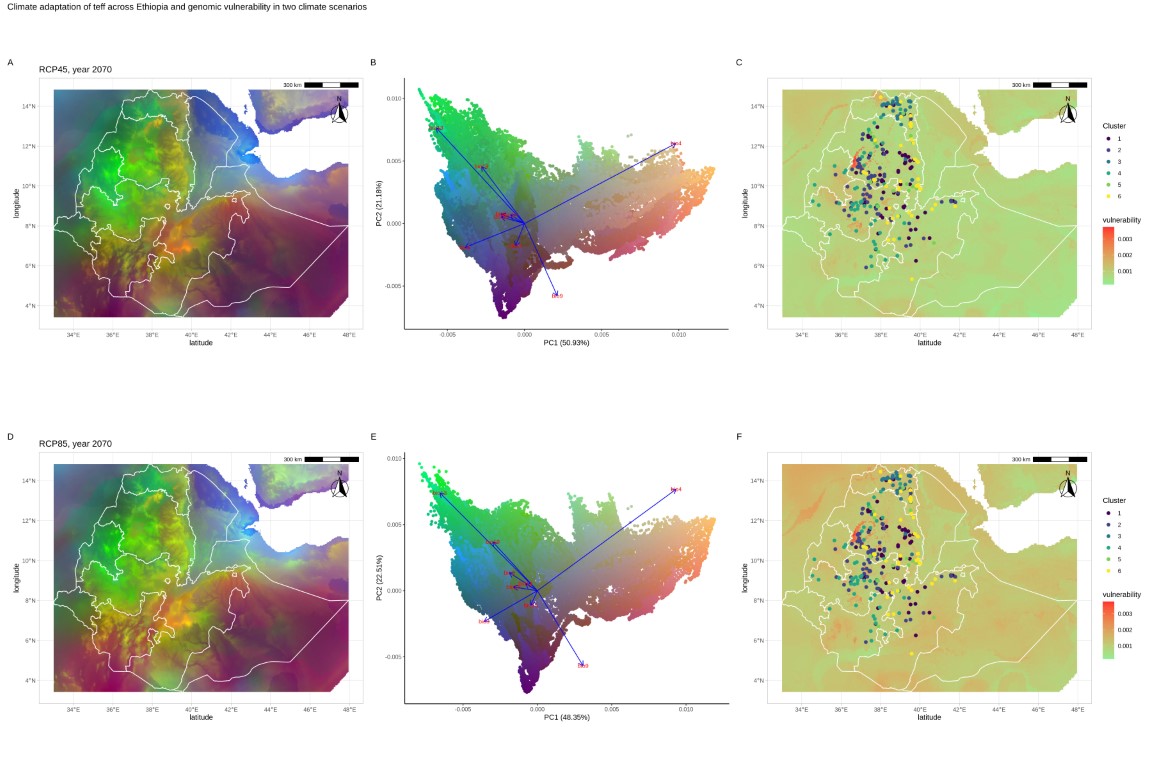We use cookies to help you navigate efficiently and perform certain functions. You will find detailed information about all cookies under each consent category below.
The cookies that are categorized as "Necessary" are stored on your browser as they are essential for enabling the basic functionalities of the site. ...
Necessary cookies are required to enable the basic features of this site, such as providing secure log-in or adjusting your consent preferences. These cookies do not store any personally identifiable data.
Functional cookies help perform certain functionalities like sharing the content of the website on social media platforms, collecting feedback, and other third-party features.
Analytical cookies are used to understand how visitors interact with the website. These cookies help provide information on metrics such as the number of visitors, bounce rate, traffic source, etc.
Performance cookies are used to understand and analyze the key performance indexes of the website which helps in delivering a better user experience for the visitors.
Advertisement cookies are used to provide visitors with customized advertisements based on the pages you visited previously and to analyze the effectiveness of the ad campaigns.

Climate change calls for smart solutions to improve the resilience of cropping systems while increasing their sustainability. The Crop Genetics group uses genomic tools in combination with climate science to identify alleles more valuable to adaptation to future conditions. We use species distribution modelling enriched with genetic information to identify genomic vulnerability of crop collections in the effort to align breeding efforts to climate in the next decades.
The group is developing experting in climate modelling to support farmers’ decisions in combination with their varietal option, through the development of climate services including targeted medium-to-long forecasts and prediction of weather conditions relevant to successful cropping. This activity is conducted in close collaboration with local farmers, to tailor climate services to end users and maximize chances of varietal uptake and improve food security in challenging environments


